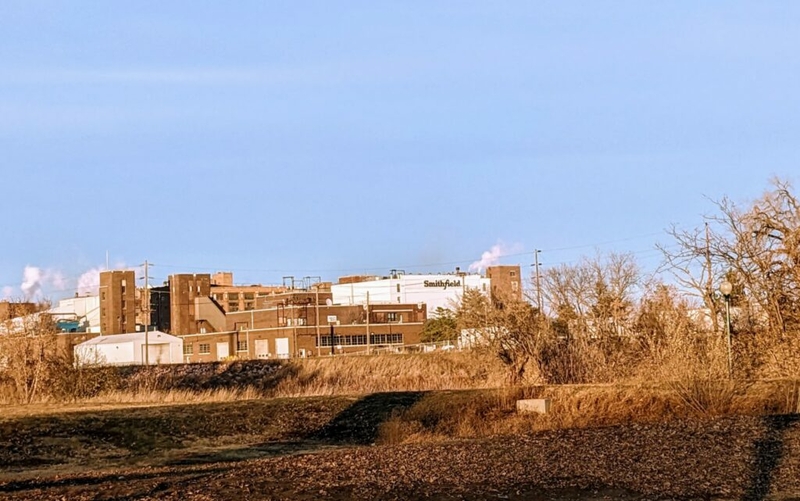Judge rules against widow in COVID-19 worker’s comp case

The widow of a slaughterhouse worker who died of COVID-19 is not entitled to a worker’s compensation hearing, a Minnehaha County judge ruled Monday.
Second Circuit Judge Jon Sogn sided with Smithfield Foods in the case, which originated as a claim for death benefits through the South Dakota Department of Labor (DOL).
The DOL denied the claim, citing a 2021 law offering blanket immunity from liability to employers, schools and establishment owners for any claims tied to COVID-19 unless the claim involved intentional exposure to the virus.
Lawyers for Karen Franken, whose husband Craig died in April of 2020 after contracting the virus, had argued that Smithfield’s actions in the early pandemic turned COVID-19 into a workplace-related injury.
An administrative law judge with the DOL dismissed Franken’s claim without a hearing.
In their appeal to circuit court, Franken’s lawyers asked Judge Sogn to force a contested case hearing with the DOL.
“We never had the opportunity to present evidence as to the time and place of the injury,” Mark Welter told Judge Sogn in a hearing last week. “These would be questions of fact.”
Franken had also argued that the law was unconstitutional for denying due process rights, and that lawmakers didn’t intend to bar worker’s compensation claims.
Lawyers for Smithfield, meanwhile, argued that the South Dakota liability waiver covers both lawsuits and worker’s compensation claims, which are dealt with in a separate chapter of South Dakota law and classified as “administrative special proceedings.”
They also argued that the COVID-19 infection ought not be classified as a workplace injury for insurance purposes, that Franken failed to give proper notice of the constitutional challenge to the South Dakota Attorney General’s Office, and that the retroactivity of the 2021 law was clear.
Sogn ruled in Smithfield’s favor on nearly all counts. The South Dakota Supreme Court has granted worker’s compensation claims for workplace illness, Sogn wrote, but only when there was a clear tie between the illness and the workplace. South Dakota law defines occupational illness as a disease “peculiar to the occupation in which the employee was engaged,” he wrote, which wouldn’t apply to a virus conceivably present in any shared workplace.
The judge also pointed out that while the liability law references lawsuits and not administrative hearings, its language does include the phrase “COVID-19 is not an occupational disease under state law.”
Sogn did offer Franken one victory. The administrative law judge who dismissed her claim did so “with prejudice,” meaning she’d be unable to reframe her arguments and file the claim a second time. Franken should be allowed to try again, Judge Sogn ruled.








